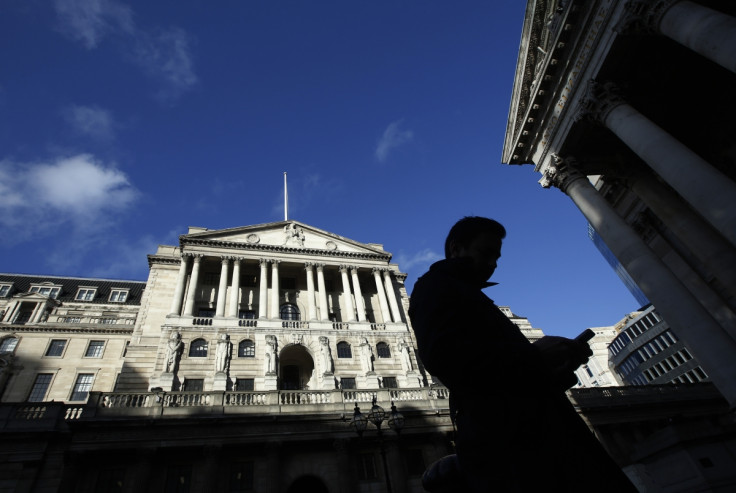Bank of England Puzzled Over 'Surprisingly Weak' UK Wages Despite Jobs Recovery

Monetary policymakers at the Bank of England are concerned about the "surprisingly weak" wage growth in the UK economy.
The headline employment data has been robust in recent months as the economic recovery strengthens, with Office for National Statistics (ONS) data showing the employment rate at an all-time high of 73.1% in the three months to May 2014.
But regular pay, which excludes bonuses, is growing at an annual rate of 0.7% – well below price inflation of 1.9%.
Minutes from the June meeting of the nine-member Monetary Policy Committee (MPC) show Bank of England officials grappling with what is causing the labour market paradox of an apparently healthy jobs market but weak pay.
A rise in interest rates by the Bank of England, whose base rate sits at its record low of 0.5%, is hinged on an improvement in wages. All other sectors of the economy are recovering strongly, with GDP growth set to hit 3% this year.
MPC members considered two explanations for healthy jobs and weak wages. The first is it may be taking longer than expected for a tightening in the supply of labour to filter down to pay and that wages would pick up soon.
A second is that the labour supply has actually increased, which is depressing pay.
"This would be the case if individuals were willing to accept lower hourly wages than before, work increased hours at the same pay rate, or extend their working lives," said the MPC minutes.
"Such decisions might have been prompted by a number of factors, including concerns about the adequacy of retirement provisions, changes to benefits or the weakness of current levels of income."
Policymakers concluded: "It was possible that elements of both explanations were at play to different extents in different parts of the labour market."
Markets expect the Bank of England to begin lifting its key rate by the first quarter of 2015.
But if wage growth fails to pick up by the end of 2014, an interest rate rise may be put off for fear of denting household incomes and consumer spending, therefore threatening economic recovery.
© Copyright IBTimes 2024. All rights reserved.






